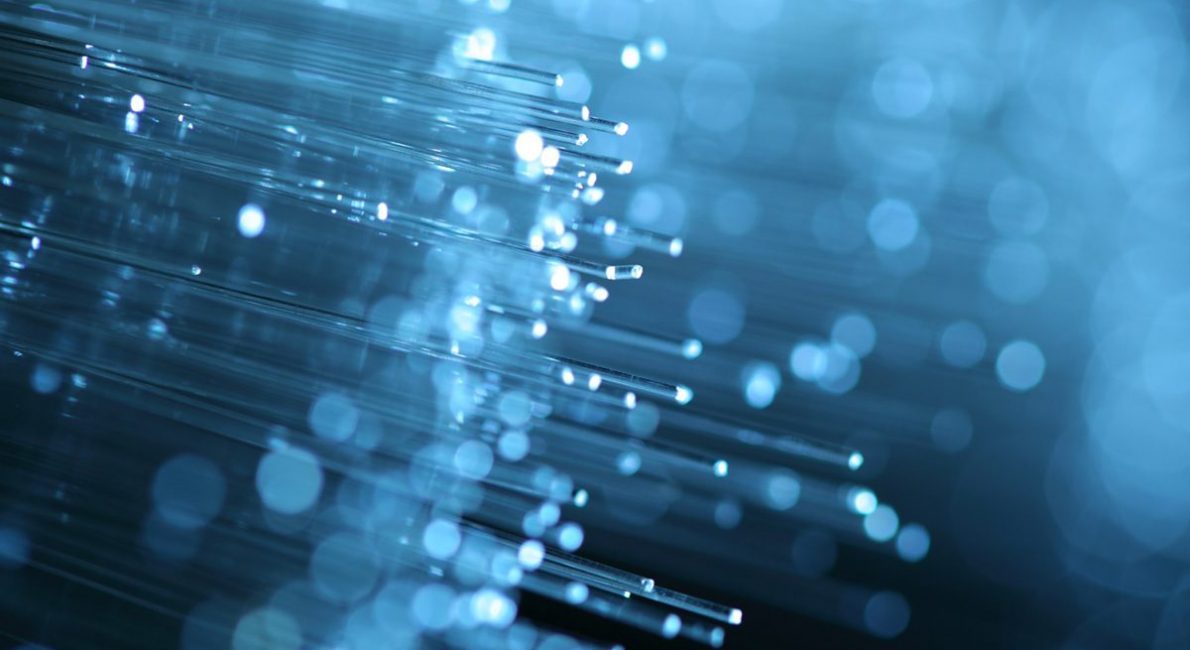In 2020, more than 20 billion devices will be connected to the Internet. The amount of data increases with over 25% every year while the infrastructure is lagging – we are headed towards a data congestion.
Our data is sent around the World via a network of optical cable connections and data centers. The equipment we use for this communication is responsible for more than 2% of all man-made CO2 emissions.
In Denmark, a brand-new EUR 13 million (DKK 100 million) project focuses on making these connections more powerful and give them a greener footprint.
The purpose of the project is to increase infrastructure capacity while lowering energy consumption and – at the same time – ensure a high reliability, minimal delays, and improved security.
Power savings and higher speeds
The project is called Innovative Solutions for Next Generation Communications Infrastructure (or INCOM). Fifteen universities and companies work together to reduce the number of energy consuming light sources that drives the Internet today and to integrate light circuits on microchips. The activities will lead to large power savings in the network and data centres as well as ensure higher data speeds.
The Innovation Fund Denmark founds 60% of the project, the rest is founded by the participating organisations. Read more about the project on the dedicated website.
At NKT Photonics we are thrilled to be a part of this ambitious and meaningful project.
Update: The project is getting a lot of attention from the Danish media.
Read the article “Internettet forurener lige så meget som flytrafikken: Streaming af film er en overset klimasynder” in the Danish news paper, Politiken, from Dec. 3rd 2018 on how streaming and other internet activities spend much more energy than we think.
Listen to Professor Leif Katsuo Oxenløwe from the Technical University of Denmark talk about how much energy we use on internet-related activities such as streaming of film and musik, online games, Facebook etc. The two interviews are in Danish and have been conducted on Dec. 3rd 2018 by:
- The Radio24syv, AK24syv podcast (fast-forward to 00:34)
- Denmark’s Radio, P4 Eftermiddag (fast-forward to 02:08)

